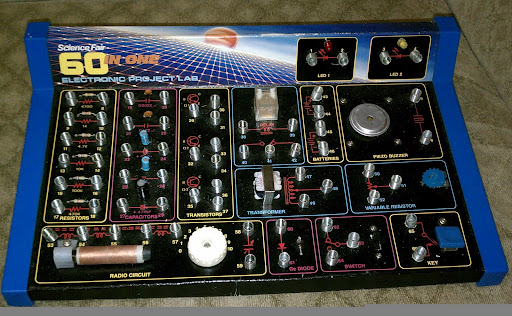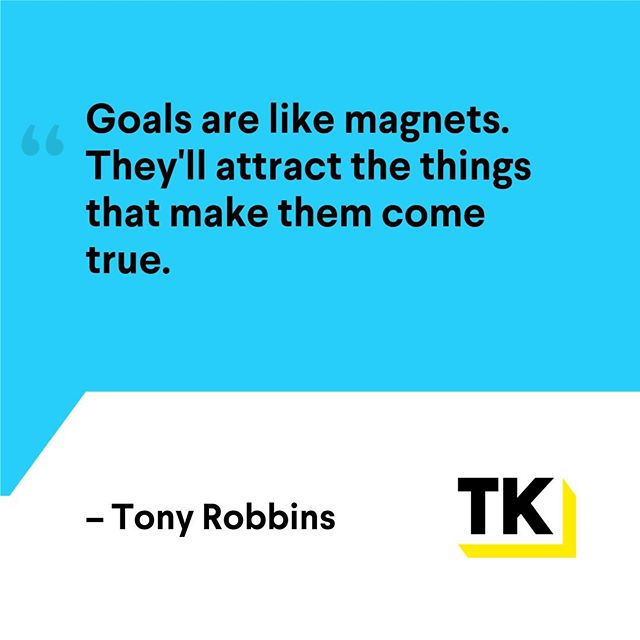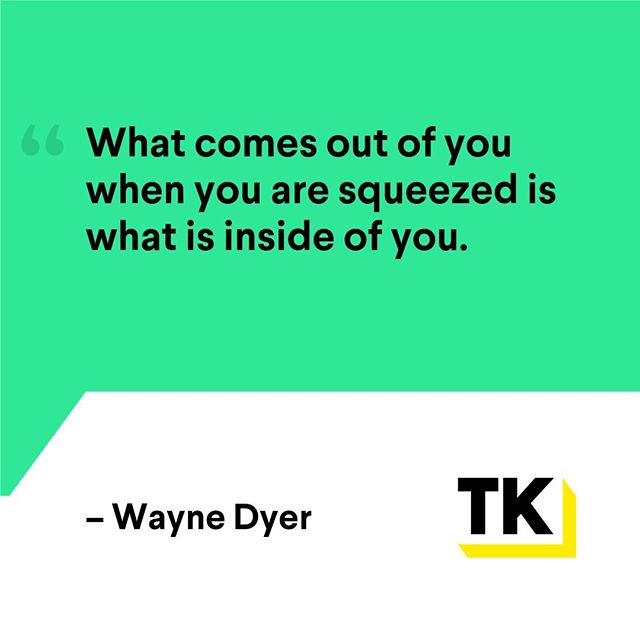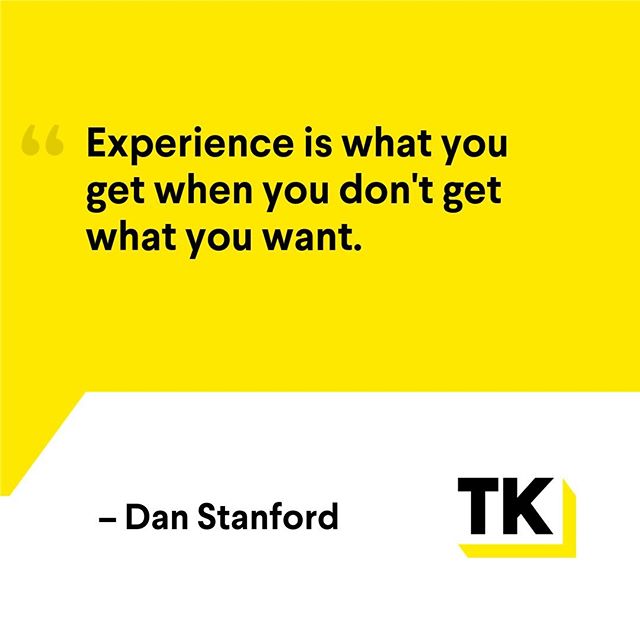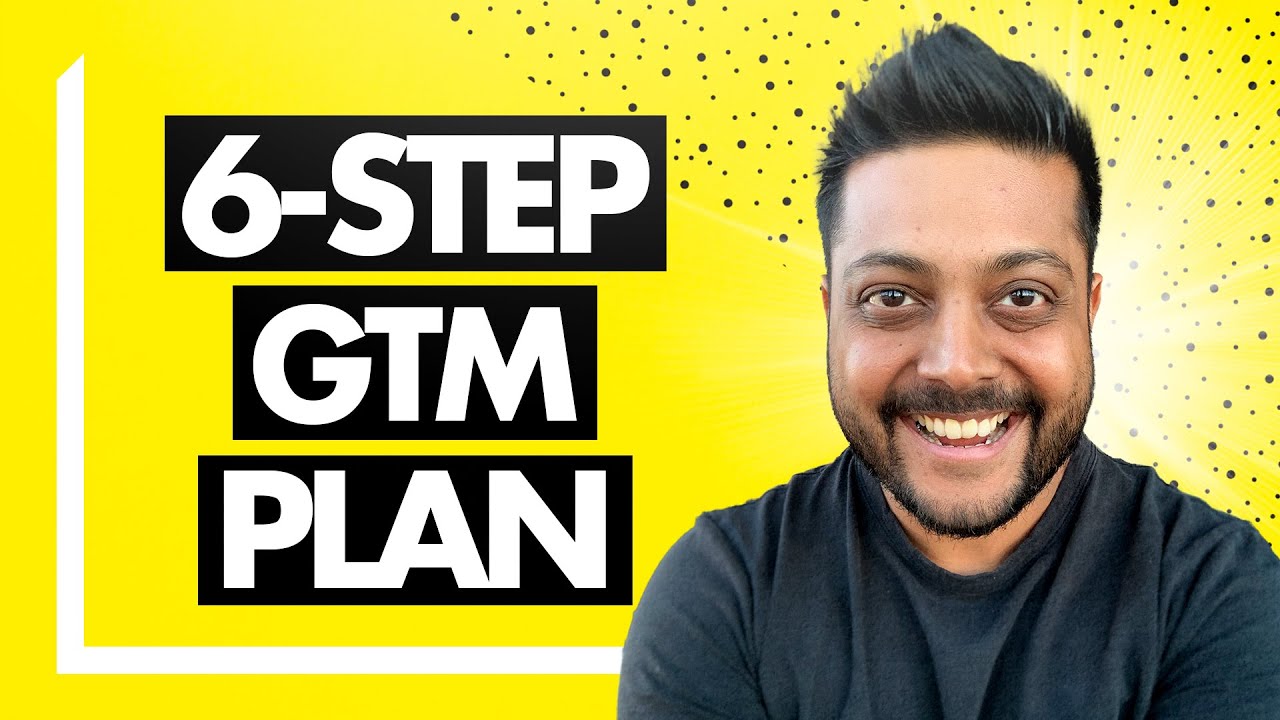When I was young, I was really into Electronics. I loved taking my toys apart, stripping it down to the motor, lights and batteries and building something else with it.
But, I was always limited by the extractable parts in my toys which inherently limited the actual things I could build with these parts.
Most of the time, I ended up just making a fan out of the motor, the batteries, and some retrofitted wings.
This all changed when my Dad bought me this 60-in-1 from Radio Shack for my 10th birthday.
It was perfect, it had a relay, capacitors, resistors, a AM antenna, a piezo buzzer and even switches to trigger different modes.
It came with a guide book of 100+ projects that you could build based on the raw components that the project lab had.
And best of all, as you worked through these projects, you learned how you can piece together these basic raw ingredients to create something totally unique.
Starter Kits
Ever since that 60-in-1, I have always been enamoured by the idea of “Starter Kits.” They are an amazing concept that can take any newbie or far standing admirer and figure out a way to spark raw passion in a step-by-step fashion.
Starter Kits aren’t easy to build though, because it takes  a ton of skill to take something essentially esoteric and strip it down to its raw necessary components so that a newbie can learn to engage with it.
This is hard to do but the results are incredible and usually disruptive.
I believe that an entire businesses can be built (and has been built) from applying the idea of Starter Kits to different industries.
Why not have a Starter Kit of Entrepreneurs?
This got me thinking. Why not have a Starter Kit for Entrepreneurs? I think we already have the beginning stages of this: Accelerators and Incubators are all about giving the Entrepreneur the initial raw ingredients necessary to get started (and reach success).
I think the best kinds of Starter Kits are the ones that are productized.
Accelerators/Incubators always have a financial relationship with Entrepreneurs which although is healthy with vested interest is not one of unlimited support (all the time).
What would be in this Starter Kit?
Here’s where it gets tricky.
Interestingly enough, this Entrepreneur Starter Kit isn’t just a set of resistors and capacitors, this Starter Kit requires so much more beyond just inanimate objects.
So perhaps its not something a company or an organization can just manufacture and provide, perhaps its not something you can just buy off of a store shelf or even win from an extensive contest.
No, I think this particular Starter Kit is more of a mindset than anything else.
It’s a mindset and a set of things and relationships that an Entrepreneur must acquire to get started in Entrepreneurship.
You may not be able to acquire it all at once, and I’m by no means saying that you shouldn’t “start” until you get these things — but I think it is a thing to have as a “checklist” of sorts.
So without further adieu…
The Entrepreneur’s Starter Kit
Three years
I’ve said this before in my previous posts, but I thought it’d be prudent to start here. When you’re embarking on Entrepreneurship, give yourself three years.
Thats how long it will take for you to become an overnight success (if you’re one of the lucky few). Â And that is certainly how long it’ll take for you to bumble around, try enough things, and figure out what actually works.
A ConstantÂ
Everyone says this, but you have no idea how true this actually is. You will experience the highest of highs and the lowest of lows. So, as you’re embarking on this journey, make sure you have something or someone to hold on to.
Something or someone that you can always go back to to compare how far you’ve come over this three-year journey that you’ve embarked on.
Something or someone that will help you truly gauge whether you’ve made incremental success and something or someone that will help you gauge when you’ve just messed up.
Something or someone that will help you truly gauge your progress, because the last thing you want to do is benchmark your progress compared to the overnight successful startup that TechCrunch is writing about (hint: because Techcrunch didn’t write a line about them during the first 2.5 years they were hustling it).
Skills
This may sound obvious, but if you’re going to be doing a tech startup, you better get yourself or someone on your team with tech skills, with business skills and with design skills.
No one is telling you that these skills have to be excellent and world class, and no one is telling you that these have to be composed of 3 people (i.e. they can all be you), but make sure you account for these skills — otherwise, don’t bother.
Domain Knowledge
If you’re building a startup for the wedding industry, get yourself married or get someone as an advisor  or on your team that has gotten married.
If you’re building a fitness startup, make sure you’re not fat. — its as simple as that.
With whatever idea you are bumbling around with, make sure you’re doing it with Domain Knowledge. Even if you can’t find an advisor or team member with domain knowledge, do what Hollywood actors do — “get into the role.”
Money
Suppose you agree with #1 that it’ll take you about three years of bumbling to get to success. If you’ve had prior exits then it’ll be relatively easy for your to get three years of runway right off the bat (or so I’ve heard).
If you’re brand new, don’t bother, you’re not getting it. So figure out a way to get yourself chunks of time.
Now, obviously, seeking funding is not the only way, which is why I call this section Money. Friends, Family, money stashed away from your previous day job are all sources of money.
Figure out what works well for you and make sure you can live and have your mind in a state where you can focus on the goal at hand: to build a business.
Someone that often asks you “Are you having fun?”
One of my investors routinely does this.
He’s been through this a number of times before, and whenever I see him, he’s not looking for the PR-version of how things are going.
He knows how its going. He just wants to know, “Are you having fun?” — If not, then none of this is worth it.
Someone that often asks you “Have you tried X?”
I’ve been fortunate enough to have more than a few investors/advisors that constantly brainstorm with me on how we can make the business better and get closer to achieve our goal.
Truth is, most of the suggestions are things you’ll have already thought of, but it serves as a fantastic prioritization process for what to do next.
The obvious ideas that keep cropping up in discussions are often the ones to move on.
You’ll have a million possible things you can be doing — picking the right one is important — so make sure you set yourself up for having lots of discussions around this.
Someone that tells you when its time to move on or try something newÂ
I said three years, but I never said three years on the same idea.
The key to Entrepreneurship (I think) is to keep an open mind about what you’re working on and how. Being open and trying new things is critical and its important that you always have an outside factor to remind you.
For this, I always count on my friends not in the tech industry, Doctors, Lawyers, Account Execs whom I like to hang out with on a regular basis to give me the right perspective and fresh ideas on things we can all work on to make the world better.
Someone that pulls you away from work
I tried the whole work 100+ hours a week. It is a terrible model and it does not scale. Make sure you have someone that pulls you to still stop and smell the flowers. Otherwise, you’ll never survive your three years.
A family
You can’t build a business yourself. You want to build a family around you.
This checklist item will probably never get checked off — its an asymptotic thing that you’ll constantly strive for, but it is an important to strive for. Make sure you have people to celebrate with in the end once you’ve won.
In Conclusion
I don’t think this list is exhaustive, but I guess its not meant to be.
In my limited experience, I think these are the things you need as an Entrepreneur to get started. That and a whole lot of perseverance. Keep it real and make sure you enjoy your three years. It’s only the beginning.



